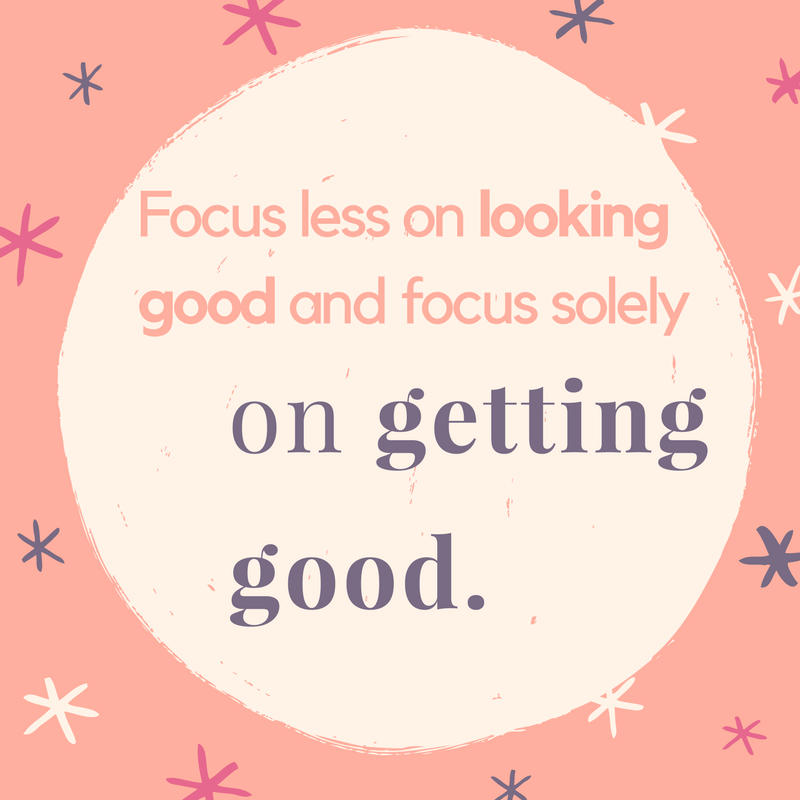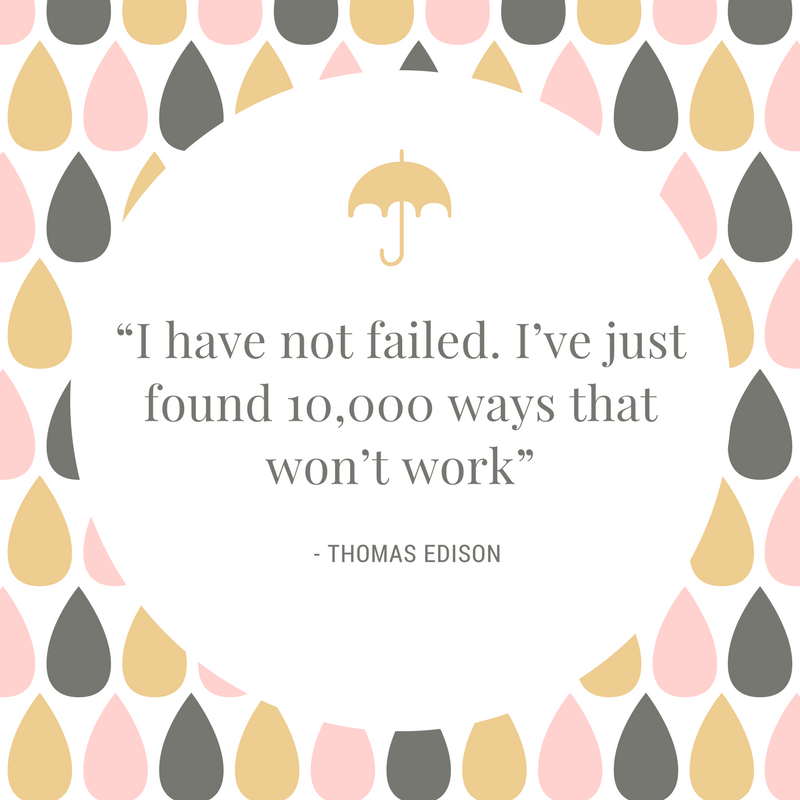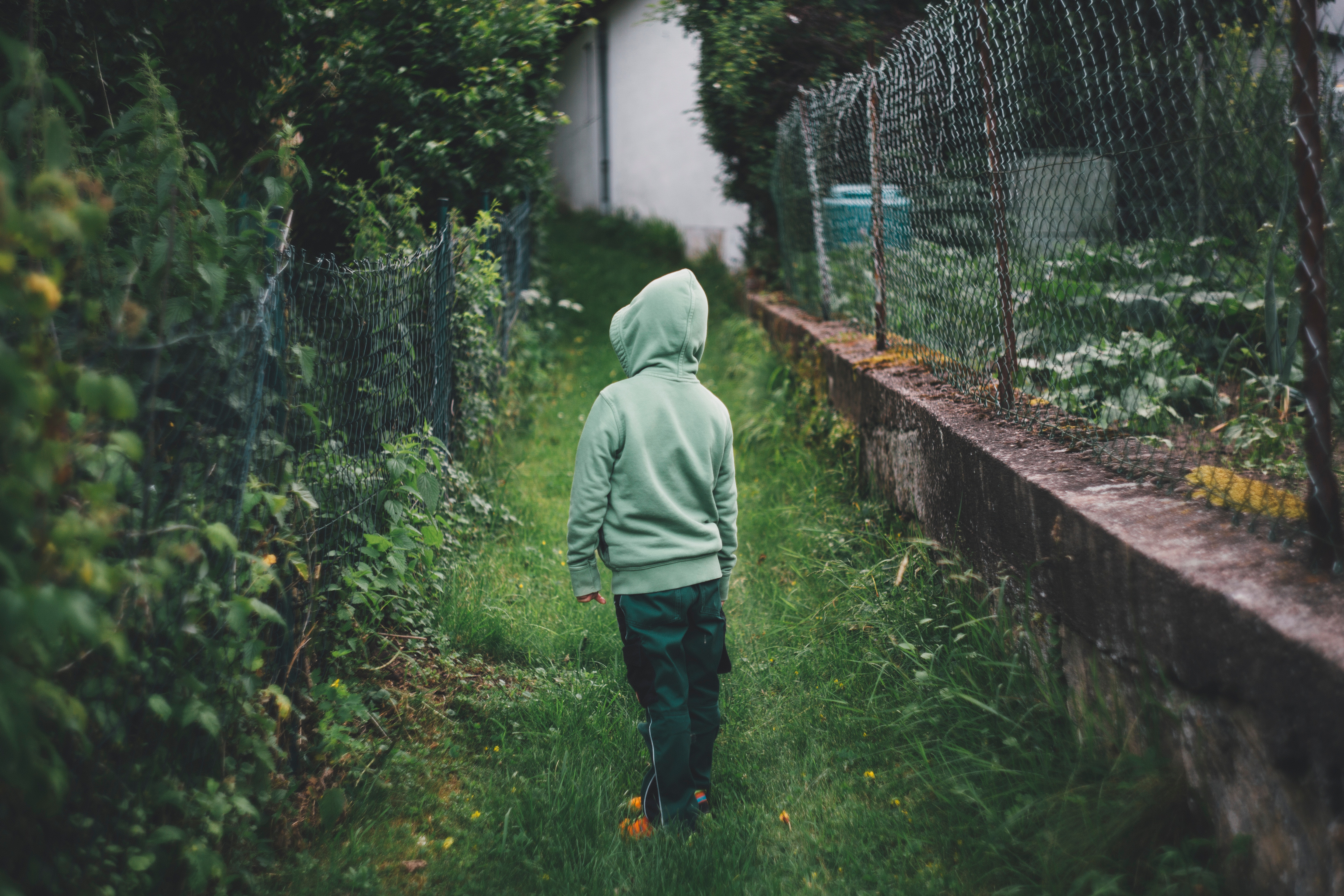
by Jen Forristal | Nov 20, 2017 | Growth Mindset
Ask your child these three simple questions to assess their growth mindset.
Growth Mindset Assessment
- I can greatly change how good I am at almost anything by practicing
- I prefer hard challenges over easy ones
- I believe I can improve my intelligence through hard work
Have your child give themselves a score between 0 and 3 for each question, on the following scale:
0 – Very seldom or not true of me
1 – Seldom true of me
2 – Often true of me
3 – Almost always true of me
What’s next? If your child is using their growth mindset, keep nurturing it with all the tips we have shared this month.
If your child is struggling with this one, don’t give up! It can take time for children to replace old coping strategies with new ones.
If you need a little extra guidance, my office door is always open and I’m happy to help you find the best plan for your child. Connect with Dr. Jen here!
Featured image by Ben White on Unsplash.

by Jen Forristal | Nov 13, 2017 | Growth Mindset
Interestingly, as humans we aren’t actually that afraid of failure itself. What we’re really afraid of is failing in front of others and the subsequent feelings of embarrassment. We spend a lot of the energy we could otherwise invest in “getting good” to avoid this kind of social evaluation.
We will go a long way with our kids if we help them get comfortable with negative evaluation. A growth mindset is one skill that helps us untangle all those little failures along the way from our core self esteem. Instead of always pushing your child to be better, consider helping them to normalize mistakes and challenges as something that everyone experiences and as something we can learn and grow from. By doing this, you will actually reduce their self doubt and allow them to flourish even on the rainy days.
Sign up for our weekly newsletter here for parenting tips that will help you build this important skill.

by Jen Forristal | Nov 10, 2017 | Growth Mindset, Resilience
I enjoyed a fantastic talk today at the Canadian Positive Psychology Association (CPPA) conference by Dr. Michael Ungar about the value of risk.
Do you let your child take risks?
The right amount of risk can teach our children that they are trustworthy, responsible and capable and will help them build their growth mindset and resilience. Check out this Youtube video on “the school with no rules”. I love this place.
How can we do a better job of allowing kids to take healthy risks?

by Jen Forristal | Nov 8, 2017 | Growth Mindset, Self-Compassion
Does your child give up easily when things get tough? They are likely just missing an important coping skill that can be easily built with the right focus. Growth mindset, grit, purpose, self-compassion and other coping skills play a big role in whether your child will persevere in the face of challenges.
Curious which skill to focus on? Book an umbrella assessment for your child with our founder Dr. Jen by filling out our Contact form here and find out where best to best apply your parenting energy.

by Jen Forristal | Nov 7, 2017 | Growth Mindset
Turning a fixed mindset into a growth mindset is not always as easy task. A wise principal here in town once said to me: “In order for a child to adopt a new strategy, it has to work better that the one they are currently using” and this is so very true. If you notice your child has a fixed mindset about something, it’s important to find chances for a growth mindset to work better than their fixed mindset.
This is a 2-step process:
Step 1: Pay attention – Notice what your child gets from their fixed mindset. Maybe its you trying to make them feel better by repeating the opposite message, i.e.: of course you’re good at math, you’re very smart, etc. Or maybe they just get to give up easily on their struggles, i.e.: soccer’s just not your thing.
Short term avoidance or ego boosting may make them feel better in the short term but won’t build growth mindset, a critical skill they will need for success later in life. Remember the replacement strategy has to work better so try to weed out all the times you accidentally reinforce their fixed mindset.
Step 2: Feed their growth mindset – Look for specific chances for them to use a growth mindset and refocus your parenting power on those wins instead. For a child struggling with a subject, break it down into small attainable bits and very specific goals that, with effort, will improve. Recognise your child for the effort put in to achieve the outcome. Remind them that a fixed mindset keeps you stuck in one spot, while using a growth mindset helps your brain get stronger – like exercise!
The changes won’t happen overnight, but the more times the new strategy works, the more likely it is that your child will replace the old, less effective one with the new and more successful option. What we feed will grow, so feed your attention to the mindset you want to be strong in your child’s brain.
See our kick-off post for this month here to read a review of what fixed versus growth mindset behaviour is.
Featured image by Markus Spiske on Unsplash.





